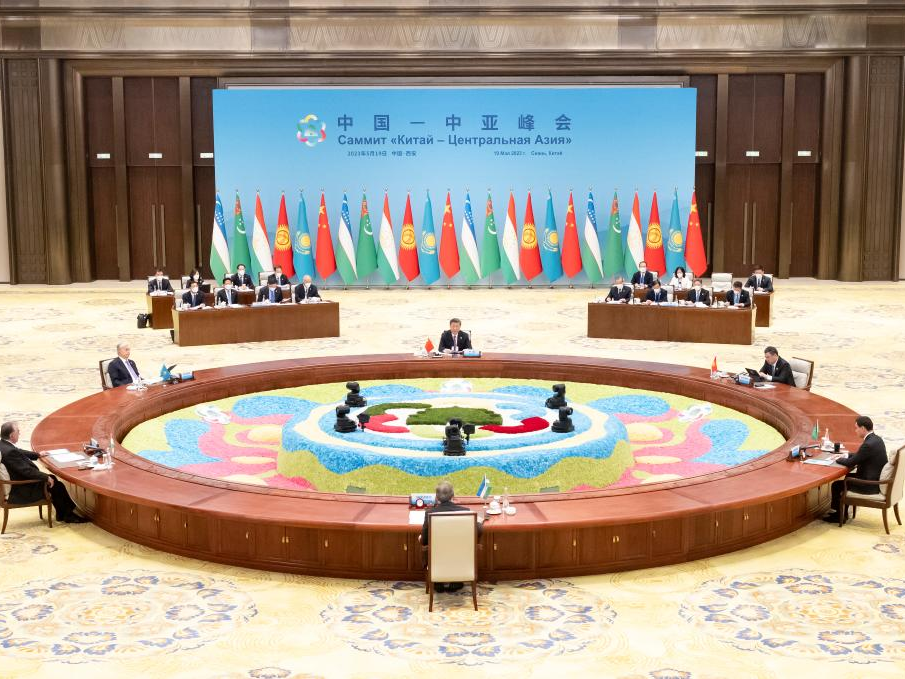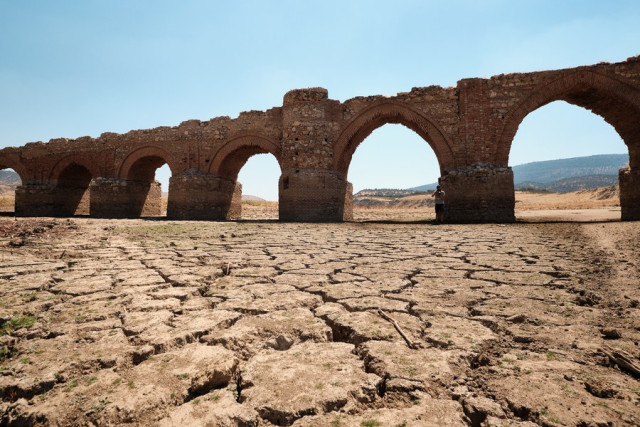During the May 18–19 conference, not much of significance was accomplished. The main result was a repetition of the optimistic rhetoric about improving business ties.
During a post-summit news conference, Xi noted, “This summit has added new impetus to the development and revitalization of the six counties and injected strong positive energy into regional peace and stability.” The official Xinhua news agency reported that Xi was confident the negotiations would be a “complete success” even before they began.
The pre-summit hoopla suggested that the event would elevate relations between China and Central Asia, but the meetings themselves failed to deliver any observable advancement.
With the eye-straining title “Working Together for a China-Central Asia Community with a Shared Future Featuring Mutual Assistance, Common Development, Universal Security, and Everlasting Friendship,” Xi’s keynote speech made only hazy allusions to potential new areas of collaboration.
Following the conference, Xi mentioned that China and the Central Asian nations were promoting “a new paradigm” of “win-win cooperation.” The precise form of that new paradigm, however, is still unknown.
In his speech, Xi reaffirmed the need for regional nations to combat the “three evils” of terrorism, separatism, and extremism. He also stated that China was prepared to expand its partnership with its western neighbours in the areas of defence, internal security, and law enforcement.
The Chinese leader also laid out a plan to intensify cooperation in areas like transportation, agriculture, heavy industry, and exchanges in education and culture. Through its Belt and Road Initiative, China has already invested significantly in these regions.
Xi also proposed the notion of assisting Central Asian nations in creating political parties, which at first blush appears a little dubious considering that China is a one-party state with a sophisticated monitoring system that is geared to keep the populace toeing the party line.
One of the few pearls to emerge from Xi’s speech was the declaration that Chinese businesses doing business in Central Asia would be “encouraged to create more local jobs.”
Xinhua said that Xi pledged China’s help to Central Asian republics would amount to about $3.7 billion in order to make that happen.
Making the China-Central Asia summit a biennial event was one of the few other important conclusions. The following gathering will take place in Kazakhstan in 2025.
















